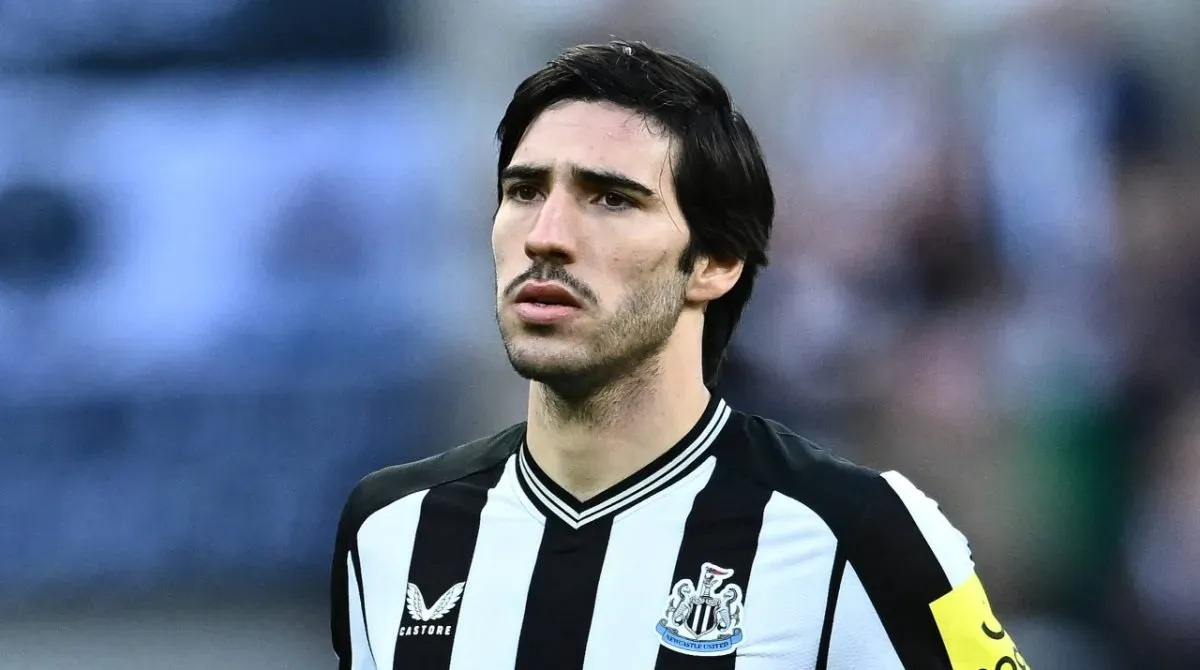The Italian soccer landscape has once again found itself under the dark clouds of a betting scandal. Just as the sport began recovering from high-profile suspensions handed to Sandro Tonali and Nicolo Fagioli for gambling on soccer matches, a new wave of investigations has been launched, this time involving at least 12 Serie A players accused of using illegal betting and poker platforms.
Initiated by the Milan Prosecutor’s Office, this broader probe appears to have been triggered by information gleaned from the earlier cases involving Tonali and Fagioli. Authorities examined digital evidence from the pair’s devices and found links to other individuals allegedly engaged in illegal betting activities between December 2021 and October 2023.
But what has made headlines across the world is not just the scope of the investigation—it’s the names involved. Among those under scrutiny are Argentina internationals who played alongside Lionel Messi at the 2022 World Cup, and an American star currently plying his trade in Italy.
From World Cup glory to legal trouble
Angel Di Maria and Leandro Paredes, both integral to Argentina’s World Cup-winning squad, are now part of the inquiry. Di Maria, who recently played for Juventus and is now with Benfica, and Paredes, currently at Roma, are alleged to have engaged with the illegal platforms during their time in Italy.
Joining them is Weston McKennie, the U.S. Men’s National Team standout and current Juventus midfielder, who also appears in the Milan prosecutor’s files. Like others implicated, McKennie is accused of gambling via unauthorized websites, not betting on soccer itself—a crucial distinction under both Italian criminal law and sporting regulations.
“The footballers face minimal risk and can resolve the matter by paying a fine,” reported ANSA. “The most significant reviews will come from sporting justice.”
According to prosecutors, while Tonali and Fagioli were accused of actively promoting and enabling others to use these platforms—allegedly even profiting from it—the rest of the players are viewed as “mere gamblers.” However, that hasn’t kept the investigation from taking a bizarre turn.
What’s next – will players be punished?
What makes this scandal particularly unusual is how some players reportedly paid their gambling debts. Investigators claim that athletes were directed to a Milan jewelry store, where they would make bank transfers disguised as purchases for luxury watches. But the Rolexes and designer timepieces never left the store—the invoices were fake, serving only as a cover to funnel money into the betting ring.
“The players were extended credit by the illegal betting organizers, but when the debt was too big… they would seemingly pay for Rolexes and other luxury watches,” said Corriere della Sera.
Despite the dramatic details, the actual legal consequences might be minor in criminal court. Under Italian law, the maximum fine for such activity is $280. However, that doesn’t mean all players are off the hook.

The FIGC (Italian Soccer Federation) will now receive the documents and determine if any sporting punishments are warranted. Thus far, players like Nicolo Zaniolo—also under investigation—escaped bans because they didn’t bet on soccer, but every case will be reviewed individually.
The investigation is said to be nearing completion, and while it’s unlikely any of the players will face suspension without evidence of soccer betting, Serie A’s reputation has already taken another hit.










